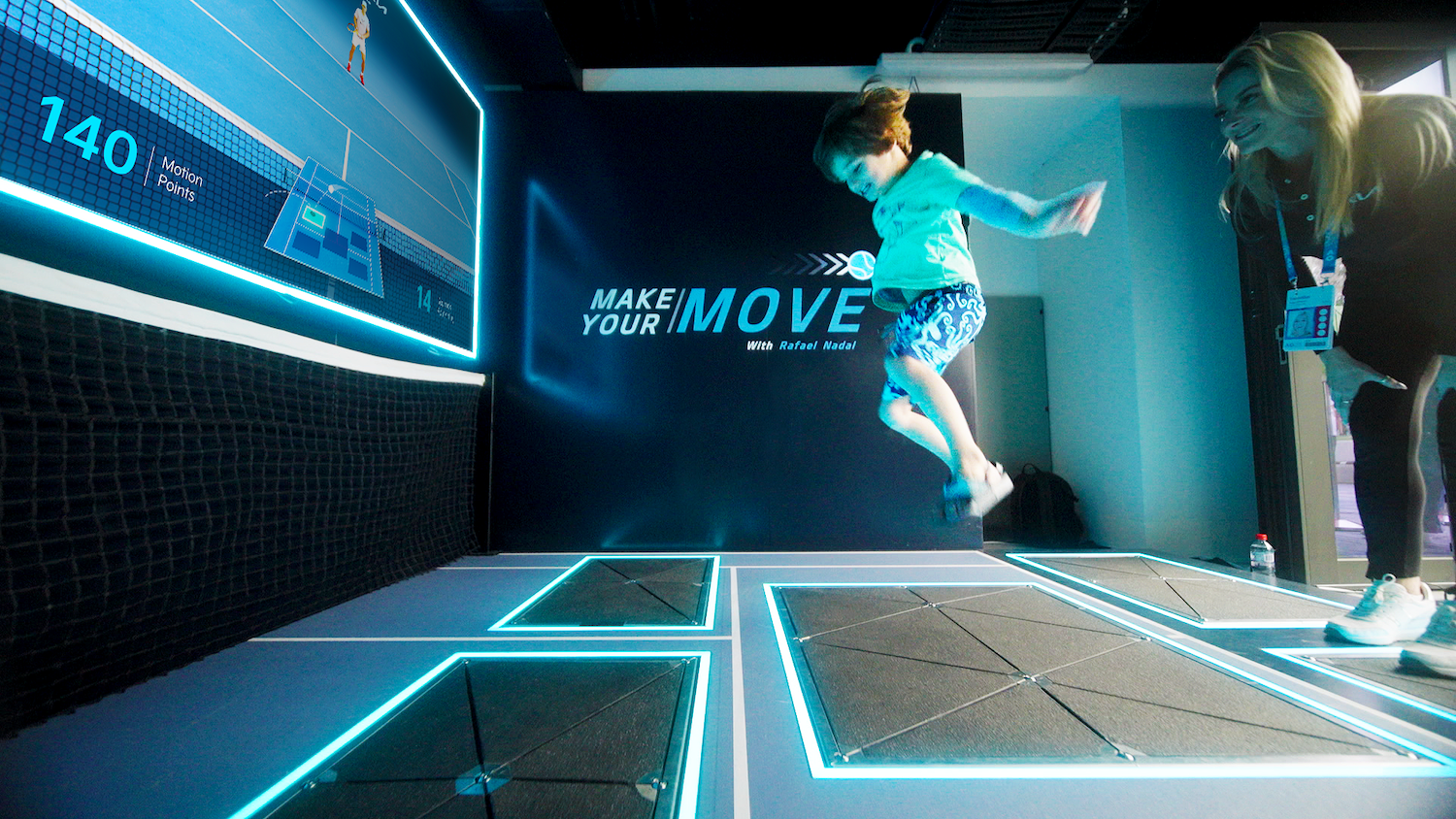How to build genuine connections with consumers through experiential marketing in 2024
25th april 2024
There is a growing realisation that traditional advertising methods might not be enough to truly connect with consumers.
While traditional advertising such as TV commercials, print ads, and billboards have long been the cornerstone of marketing strategies, they often struggle to break through the clutter and capture consumers' attention in a meaningful way. One of the primary challenges with traditional advertising is its passive nature. Consumers are bombarded with ads everywhere they turn, leading to ad fatigue and a general skepticism towards promotional messages. With such a saturated environment it's easy for traditional ads to blend into the background noise, failing to make a lasting impression on consumers.
Enter experiential marketing.
Unlike traditional advertising, which is primarily focused on broadcasting messages to a passive audience, experiential marketing aims to actively engage consumers and create memorable experiences that resonate on a deeper level. By immersing consumers in interactive and participatory experiences, experiential marketing breaks through the clutter and captures their attention in a way that traditional ads cannot.
This goes beyond simply conveying a message; it seeks to create an emotional connection between the consumer and the brand. Through immersive experiences, brands can tap into the power of storytelling to evoke emotions, spark curiosity, and leave a lasting impression on consumers' minds.
What are the advantages of using experiential marketing?
One of the key advantages of experiential marketing is its ability to foster meaningful interactions between consumers and brands. Whether it's through live events, pop-up activations, or interactive installations, experiential marketing invites consumers to actively engage with the brand in a way that resonates with them personally. This level of engagement not only captures their attention but also encourages them to become advocates for the brand, spreading positive word-of-mouth and driving organic growth.
Moreover, experiential marketing allows brands to showcase their products or services in a real-world context, allowing consumers to experience their benefits firsthand. Instead of relying on flashy advertisements or exaggerated claims, experiential marketing offers a more authentic and transparent way for consumers to evaluate a brand's offerings. By providing tangible experiences that demonstrate the value proposition of the product or service, brands can build trust and credibility with their audience.
Another key aspect is its ability to create shareable moments that extend the reach of the campaign far beyond the initial interaction. Today, where social media plays a central role in shaping consumer behaviour, experiential marketing campaigns have the potential to go viral and reach millions of people organically. By designing experiences that are inherently shareable and TikTok-worthy, brands can leverage the power of social media to amplify their message and reach new audiences.
How have we seen this work at events in the past?
To illustrate the effectiveness of experiential marketing in forging authentic connections with consumers, let's look at a real-life case study...
In 2023, Pavegen, a sustainable energy solutions company, partnered with Kia, a leading automotive brand, to create an unforgettable experiential marketing activation at The Australian Open.
The challenge was to educate sports fans around Kia's commitment to sustainability and innovation in a way that resonated with the lively atmosphere of a major sports tournament. Their strategy involved installing Pavegen's energy-generating tiles in a game-booth, allowing fans to experience a unique tennis gameplay experiences that used the energy from their footsteps to power renewable lighting solutions. The game saw over 7000 unique plays and engagements with Kia that left meaningful connections with users.
See how the game played out...
By focusing on authenticity, emotion, and engagement, Kia was able to cut through the noise and create meaningful connections with their audience. Whether you're hosting a pop-up event, organising a brand activation, or creating an immersive experience, remember that the key to success lies in building genuine connections with your consumers.
Brands, like Kia, can stand out from the noise and establish themselves as trusted partners in the eyes of their audience through genuine connections. Ultimately, the key to success in experiential marketing lies in building these connections that go beyond the transactional, fostering loyalty and advocacy that can endure over time.
After all, in a world where authenticity is increasingly rare, being genuine is the ultimate differentiator.
If you're interested in learning more about Pavegen Experiential get in touch with us here:
-ENDS-
For more information, video content and photos of Pavegen, contact press@pavegen.com
About Pavegen
Pavegen is a purpose-driven technology business that helps power change and generates positive outcomes for people and planet. Laying underfoot inside buildings, public spaces and at events, Pavegen Kinetic Paving harnesses the power of people’s footsteps, creating not only a small amount of energy – but also imaginative, interactive experiences and data, to help educate, engage and enable meaningful actions around sustainability and Net Zero intent. Pavegen calls this Citizen Impact; powered by Pavegen.
Pavegen helps power Kinetic Street Furniture applications such as USB charging, LED lights, and Green Wall irrigation systems, whilst data from the system can be used for public educational purposes on digital display screens. Kinetic Brand Experiences at live events, expos, festivals and public spaces produce data to provide gamified experiences that help brands engage meaningfully with consumers.
The company was founded in 2009 by Laurence Kemball-Cook who invented the Kinetic Paving technology that can now be seen in over 37 countries around the world.

